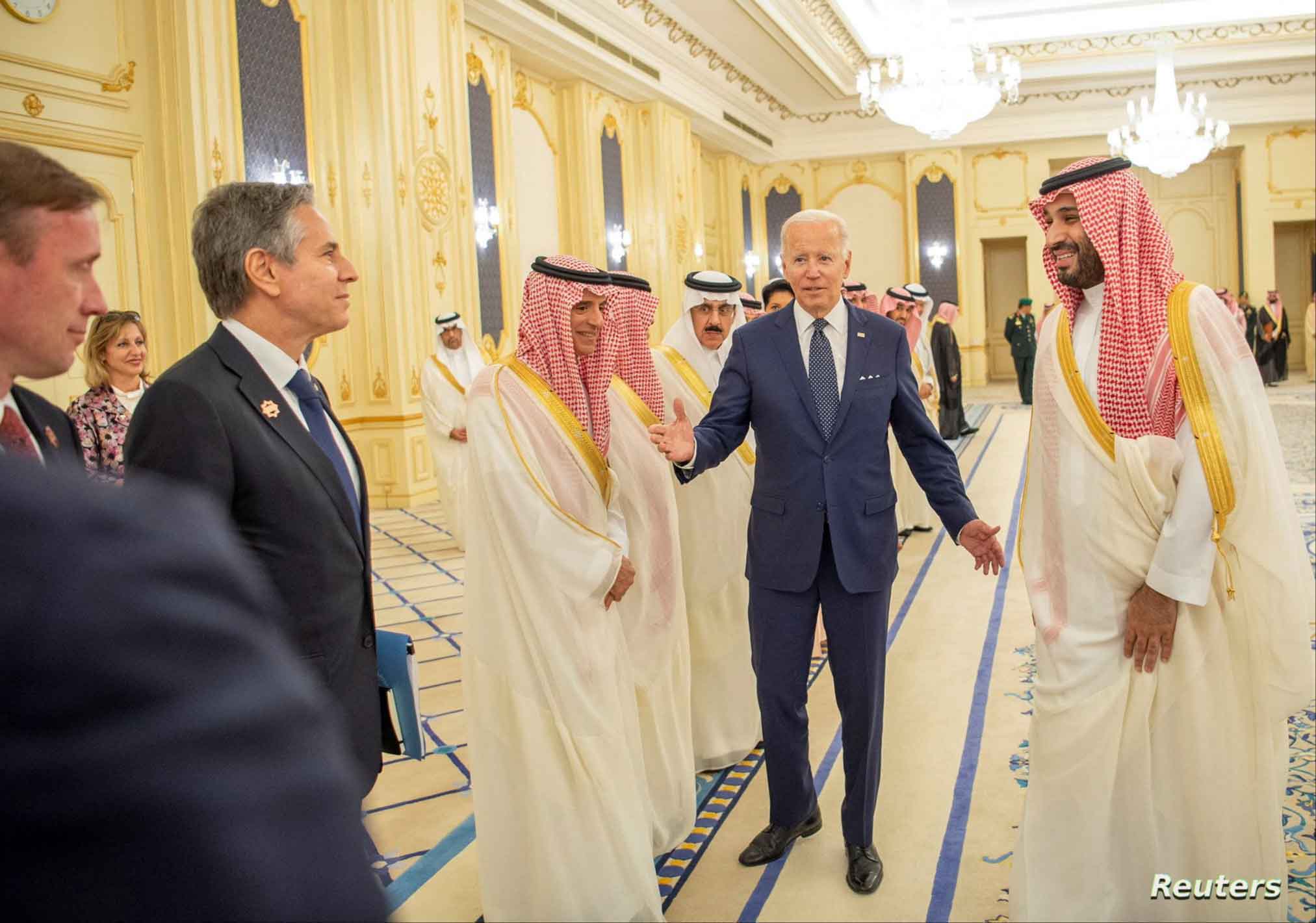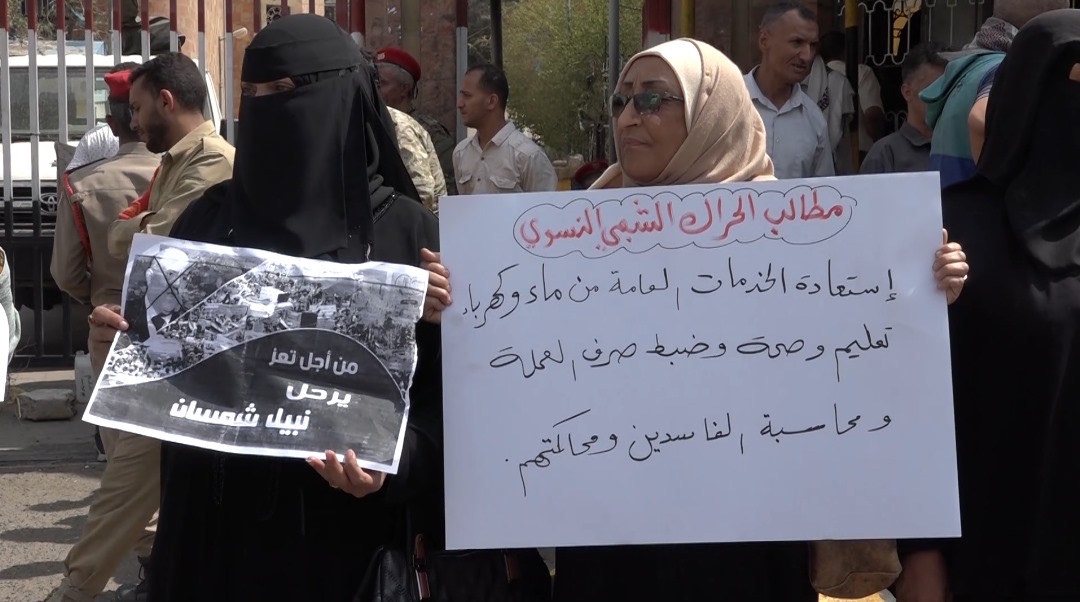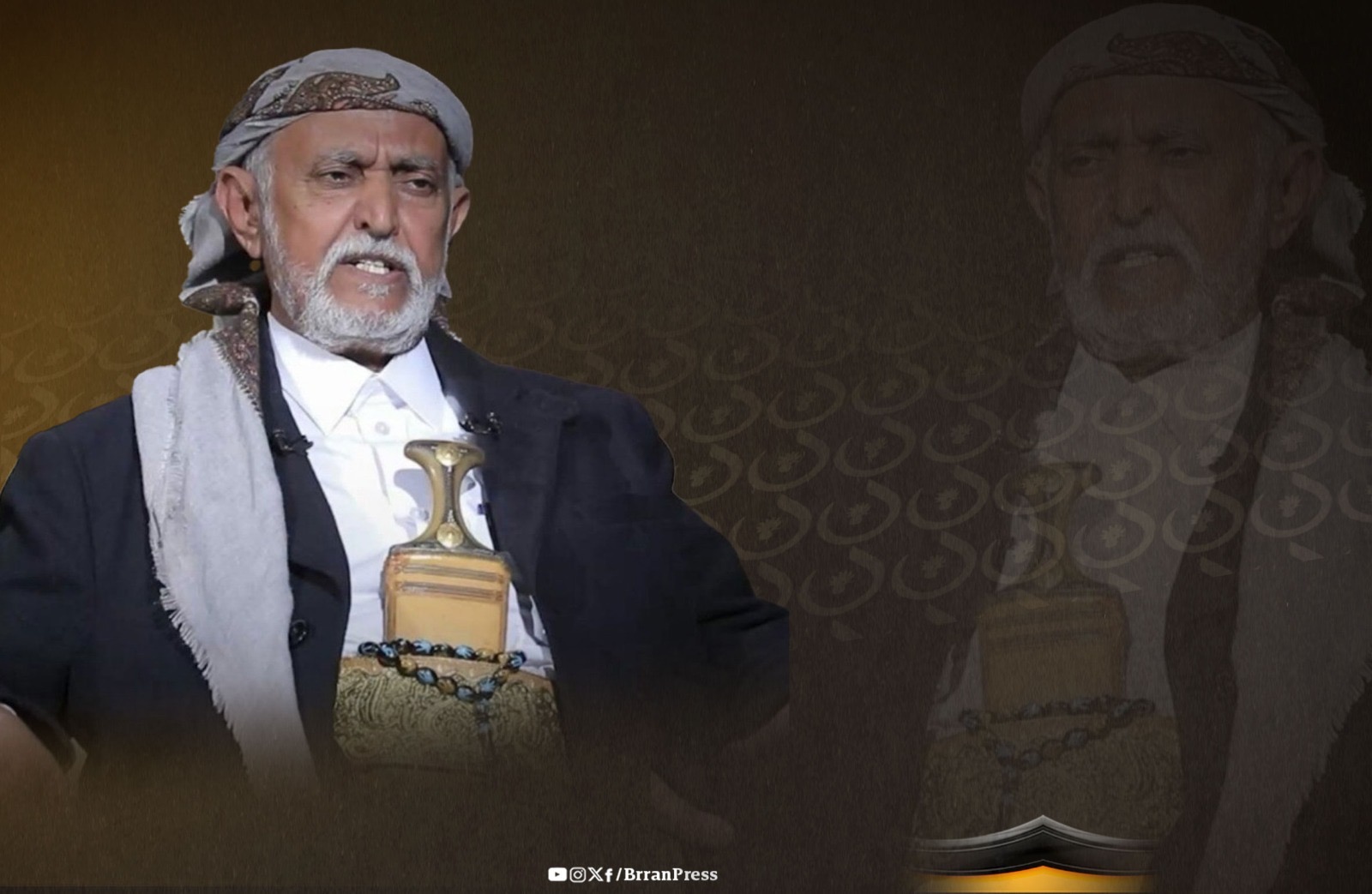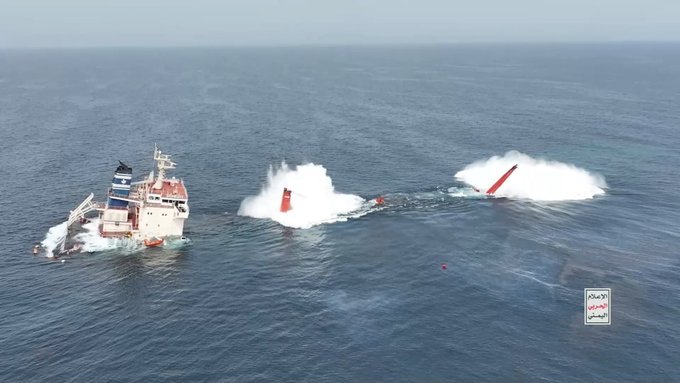
Bloomberg
A long-awaited agreement to share nuclear technology with Saudi Arabia, potentially allowing American companies to build reactors in the Kingdom, is reportedly nearing completion. This deal, which could bolster companies like Westinghouse Electric, has sparked concerns among non-proliferation experts and some members of Congress.
According to Bloomberg, US National Security Council officials briefed members of Congress on the agreement on Tuesday, June 11. Senator Jeff Merkley, a Democrat from Oregon who sits on the Senate Foreign Relations Committee, confirmed the classified briefing.
A senior US official had previously stated in May that the deal was largely finalized after years of negotiations. The agreement reportedly includes non-proliferation elements and was crafted with input from the Departments of Defense, Energy, and State.
While the deal could benefit US nuclear companies, experts worry that it could allow Saudi Arabia to enrich spent uranium, potentially creating material that could be used for weapons. Previous nuclear technology sharing agreements, like those with Japan, explicitly prohibited enrichment and reprocessing of depleted uranium.
Henry Sokolski, executive director of the Nonproliferation Policy Education Center, told Bloomberg that Congress would have 90 legislative days to pass a veto-proof law rejecting the agreement or adding conditions before it automatically takes effect.
The news of the nuclear deal comes amidst reports of a broader strategic alliance between the US and Saudi Arabia. The Wall Street Journal, citing US and Saudi officials, reported on June 9 that the Biden administration is finalizing a treaty that would commit the US to defending Saudi Arabia. This deal is reportedly part of a larger package aimed at advancing diplomatic relations between Riyadh and Israel.
The potential agreement, which has been the subject of extensive discussions between US and Saudi officials for weeks, would include a civilian nuclear agreement between Washington and Riyadh, steps toward establishing a Palestinian state, and ending the war in Gaza.
The treaty, which the Wall Street Journal reports will be called the Strategic Alliance Agreement, would require a two-thirds majority vote in the US Senate for ratification. This could be difficult to achieve unless the agreement includes normalization of relations between Israel and Saudi Arabia.
US and Saudi officials told the Wall Street Journal that the draft treaty is loosely modeled after the US-Japan security agreement. The treaty also aims to strengthen ties between Riyadh and Washington by preventing China from building bases in Saudi Arabia or continuing its security cooperation with the Kingdom.





